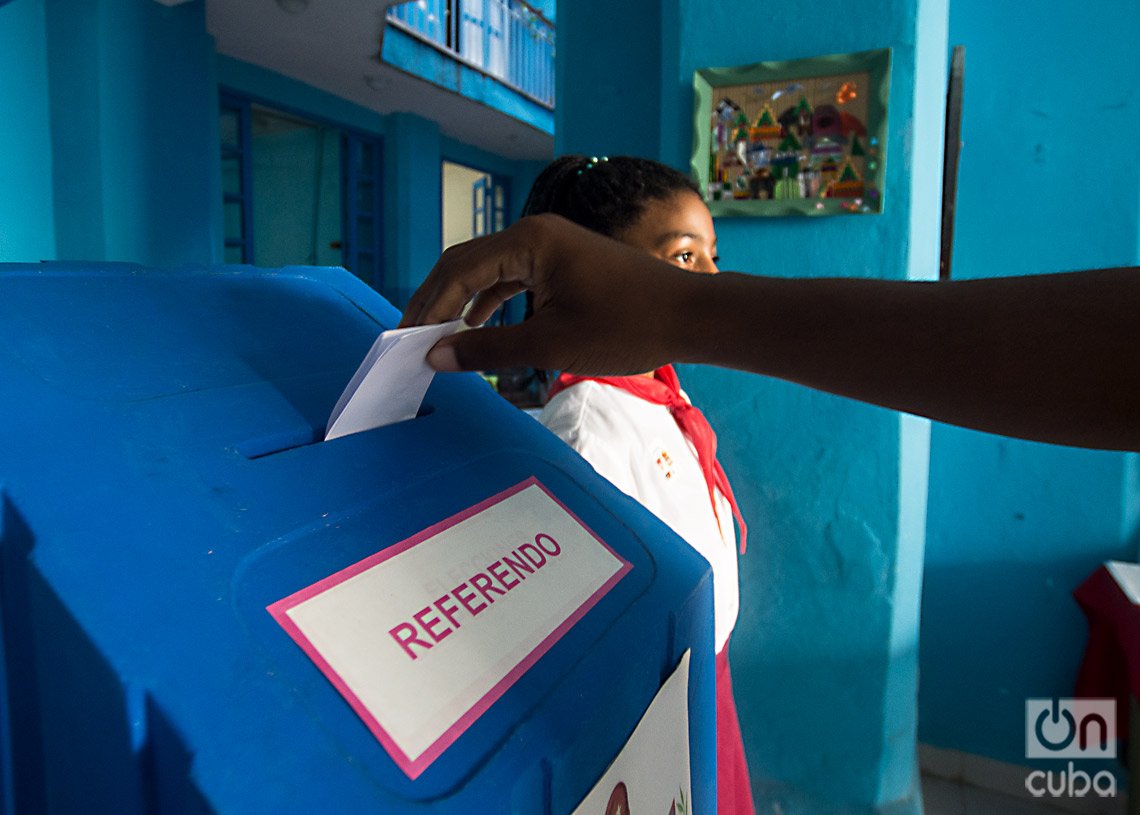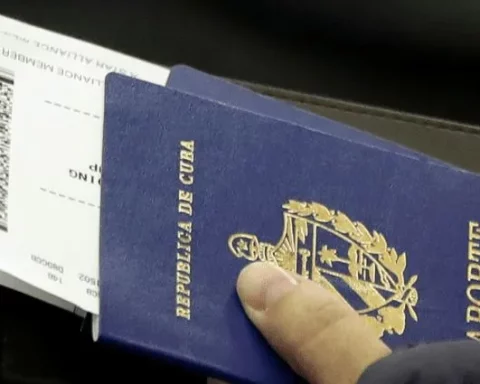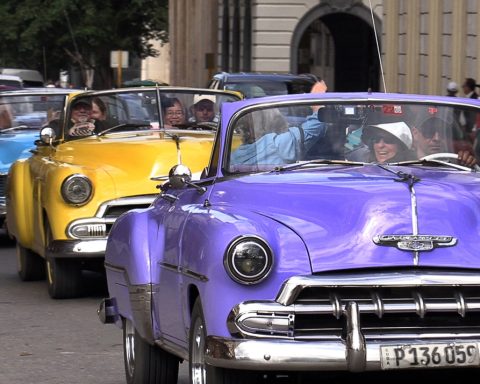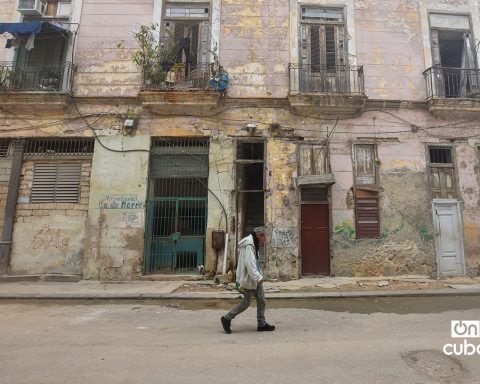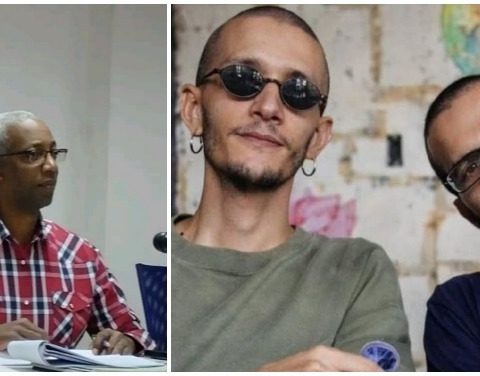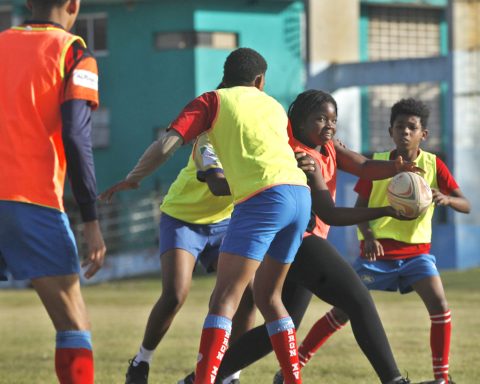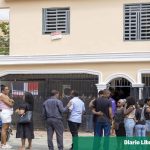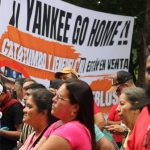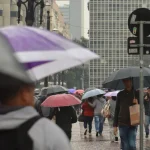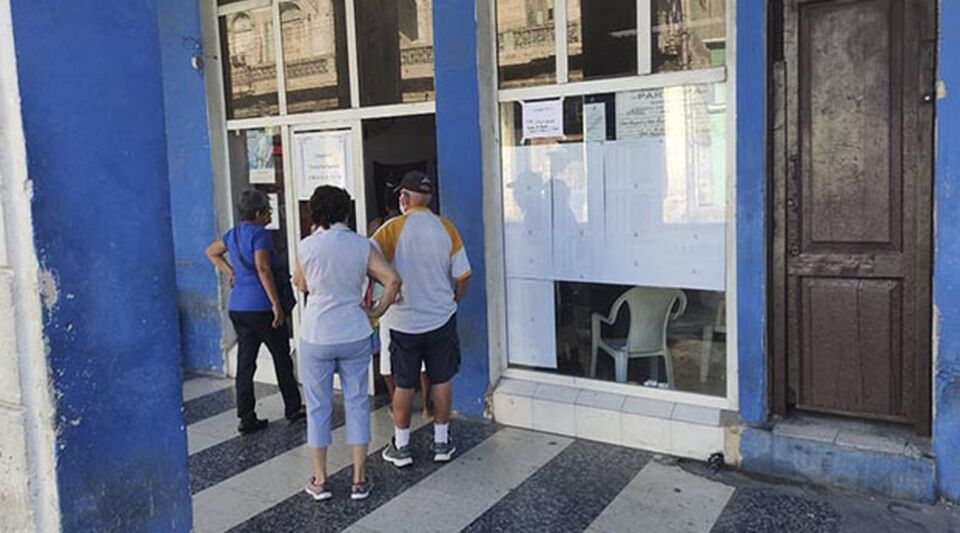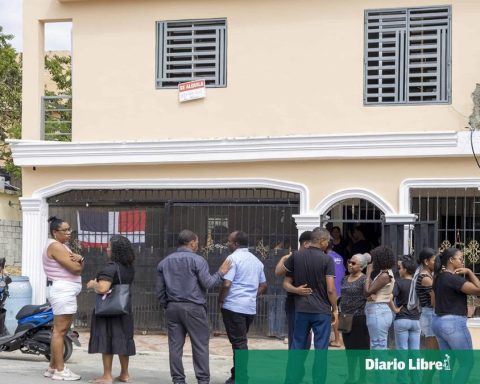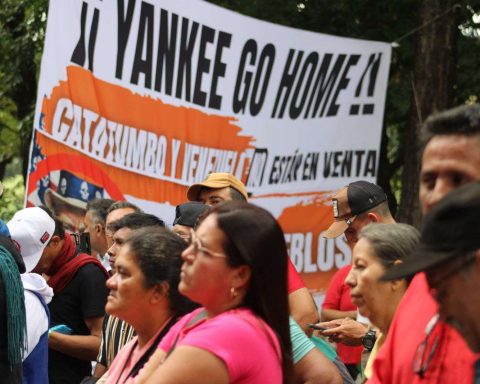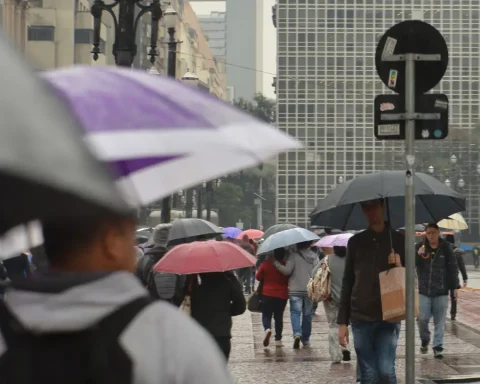Cuba votes this Sunday for the Family Code. From 7:00 in the morning until 6:00 in the afternoon, the referendum that will decide whether or not the new legislation will be supported at the polls by Cubans takes place throughout the island.
For the approval of the norm -which has been the subject of controversy for validating issues such as same-sex marriage, adoption by homosexual couples and solidarity gestation- it is required that the simple majority of voters, that is, more than 50 %, pronounce in favor.
If this were to happen, the new Code would replace the one currently in force, which dates from 1975. Otherwise, the latter would remain in force, and the authorities would have to announce what steps would be taken next with regulations that, after 25 versions, already it was validated by the National Assembly and that it is the only one, among all the laws derived from the approval of the current Magna Carta, that has been taken to a referendum.
The National Electoral Council (CEN) assured that this Sunday the country was “ready” to satisfactorily carry out the vote and affirmed that the process would be carried out with organization, normality and transparency. It is expected that the official result will be announced in the coming days and that preliminary results will be announced this Monday, if the weather situation —due to the predicted impact in the West of Storm Ian Island, already converted into a hurricane—it allows it.
In total, some 8 million people are called to vote this Sunday in more than 24,000 polling stations, of which 224 are “special” because they are located in hospitals, terminals, hotels and other places with a large concentration of people “to facilitate the access to vote”, according to official data cited by Cuban News Agency (ACN).
Already last Sunday it was voting in official Cuban missions abroad, in which “more than 22,000 Cuban citizens who were outside the island for official reasons cast their vote,” the report adds. In contrast, the rest of the Cubans residing outside the country would have to be in Cuba today to be able to vote.
To reach the referendum, an intense process of legislative construction was carried out by a drafting commission, as well as consultations with experts and the population in general. 6.4 million people participated in the latter and it led to the modification of more than 49% of the articles of the consulted text, according to official data.
In addition, the Cuban authorities, institutions and official media developed a broad campaign in favor of the “Yes”, while the “No” option, without presence in the state press, has been raised mainly by religious groups and opposition activists, the latter for considering that the rejection of the Code would represent a political defeat for the government in the midst of the severe crisis that the Island is going through.
The Cuban president himself, Miguel Díaz-Canel, after voting early in the morning at a school in the Havana municipality of Playa, commented that there were people who would vote against it “because they consider that if it is a Code within the Revolution, then it should not be valid. ”, according to appointment the official site Cubadebate.
However, he also acknowledged that there could be a “punishment vote”, according to a dispatch from the agency. EFE.
“We have to get used to the fact that in such complex issues where there is a diversity of criteria and in the midst of a complex situation there may even be people who have a punishment vote,” the president told the media after leaving the school where he voted, reports the Spanish medium.
Díaz-Canel pointed out that these people may “have nothing against the (Family) Code, however they assume a position of disgust because their situation at the moment is complex; but it is also legitimate”. Faced with this possibility, the president said that his government assumed “a position of courage” by calling the referendum “in the conditions that the country is experiencing.”
Even so, in line with what he and other authorities have already reiterated, the Cuban leader expressed confidence in the triumph of the “Yes.”
“The expectation is not that it will be a unanimous vote, but I do believe that it will be the majority of our people,” he said, quoted by Cubadebate.
In addition, he considered that, regardless of the result, “it has already been won in a popular debate. What this has contributed the most, regardless of whether you vote Yes or No, is that we were all less selfish and looked more towards family and society, ”she said, according to EFE.
In construction…
